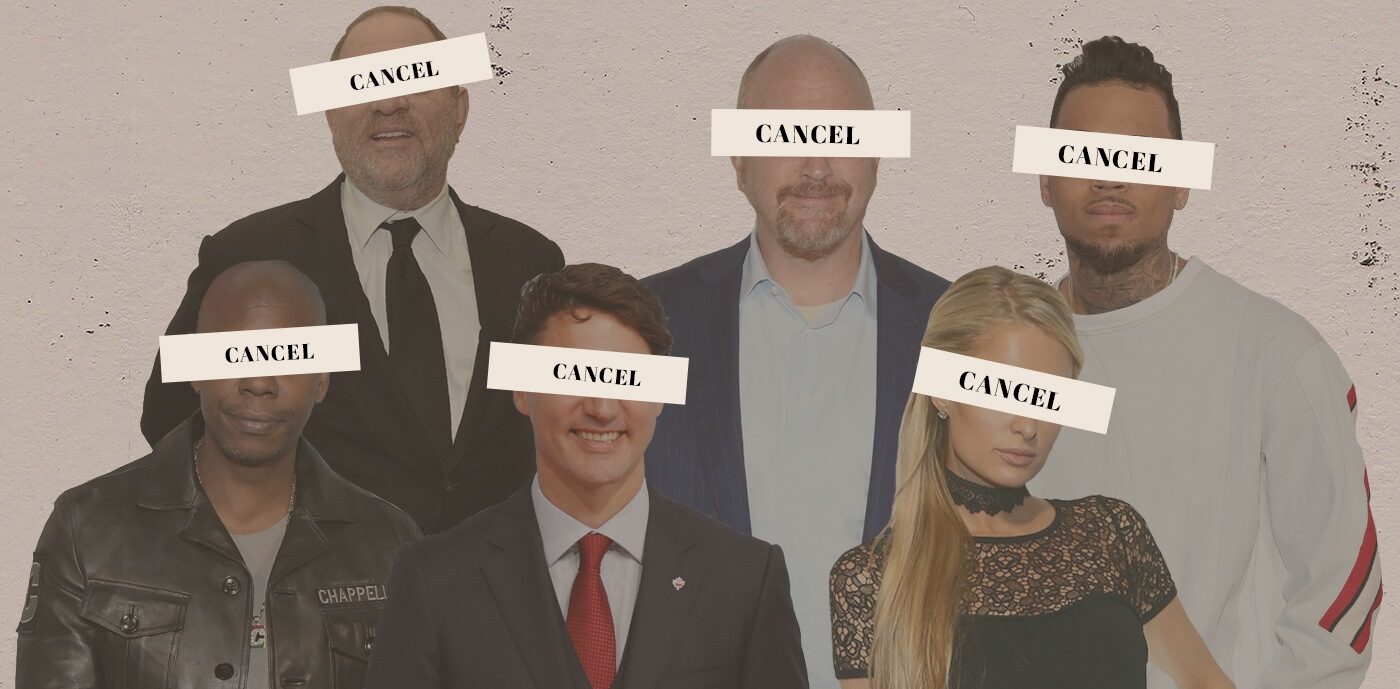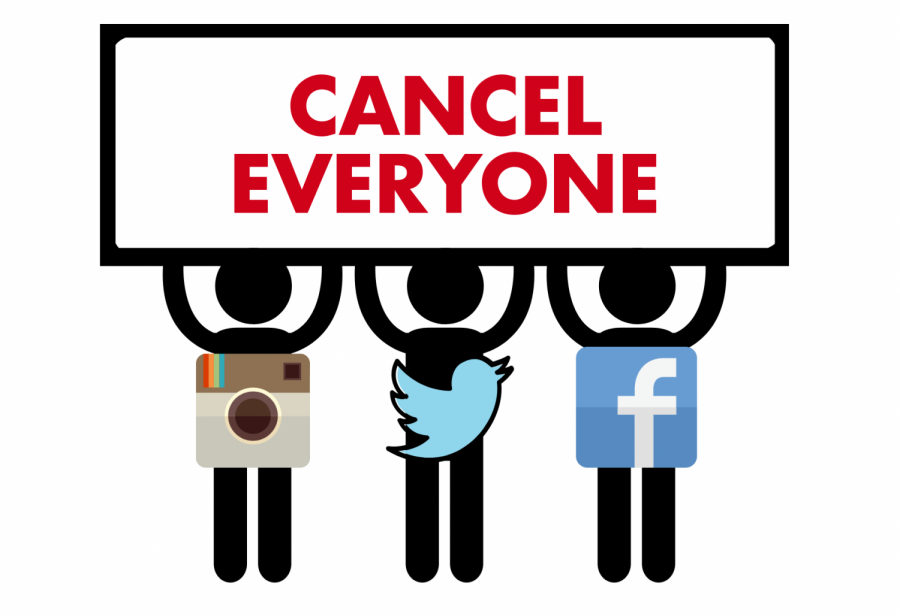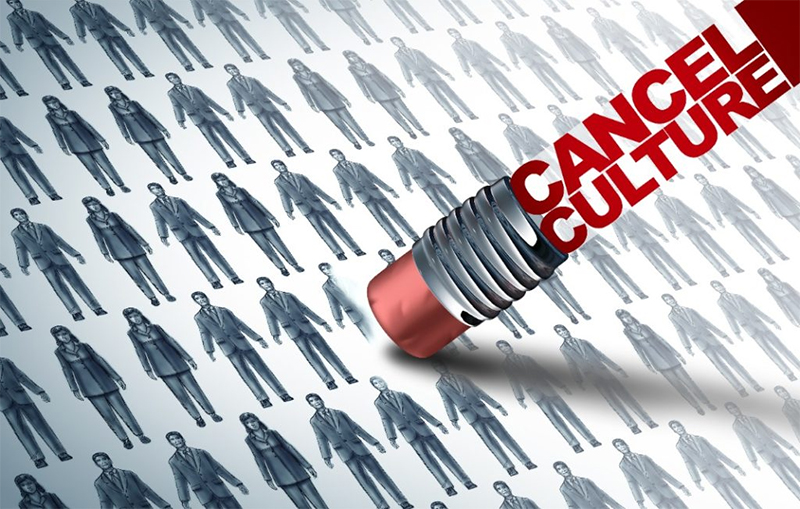By Panagiota Katsaveli,
Social media have provided people with an outlet to connect with individuals from around the globe, communicate and share their lives. This development has undoubtedly resulted in many benefits. At the same time, there are several drawbacks to be accounted for since people are exposed to a wider audience and, therefore, to a greater possibility of receiving criticism. In this light, the so-called cancel culture on social media platforms was born as a response to offensive and unacceptable behaviour, initially aimed only at people with power and fame and later expanding towards countless social media users for a variety of reasons.
Cancel culture appeared in the social media world in the early 2010s with tweets, Tumblr posts and comments mentioning the term, but the origin of the phrase and its current meaning have been under serious debate. Cancel culture can be defined as a form of shaming and boycotting someone’s career in response to problematic or offensive behaviour. The phrase was first used in Mario Van Peeble’s New York crime thriller New Jack City (1991) by a character called Nino who said: “Cancel that bitch. I’ll buy another”. Even though the production of the movie was small, it became a cult culture classic. The line was later mentioned in a song by Lil Wayne, one of the most influential artists of his time: “Yeah, I’m single / n**** had to cancel that bitch like Nino”. Only after the phrase was mentioned on reality television, it managed to gain popularity on Twitter, particularly Black Twitter, and other social media platforms. Its emergence has been closely connected by many to the #MeToo movement that began in 2017, during which women from all around the world started opening up about sexual misconduct in the workplace. Individuals who were accused of sexual assault experienced significant backlash that had perceptible repercussions to their career, like the American actor, Kevin Spacey, who lost many acting jobs as a result.
The phenomenon of cancel culture has undergone intense changes in regard of its purpose and it has progressively affected more people. It started as a criticism and a punishment against famous people with power, but it quickly grew to include anyone who would express an opinion different than that accepted by the average social media user. During the 2016 U.S. election and Donald Trump’s campaign, many of his supporters alongside the rapper, Kanye West, who openly declared his support to Trump, were faced with immediate backlash and were canceled by the Twitter community. Another example would be the British author, J.K. Rowling, who was canceled earlier this year after she made some offensive statements regarding the LGBTQ+ community. As part of the canceling process, people even started discrediting her of her most popular work, the Harry Potter franchise. This year alone the pandemic and the BLM movement has resulted in many online celebrities’ and common users’ cancelations. People who did not seemingly follow the rules and measures as instructed in order to prevent the spread of the virus, were immediately cancelled. For instance, people who refused to wear a mask in public or were involved in the organisation of huge gatherings with a lot of people, were canceled. Celebrities’ careers were boycotted while common users were faced with the threat of being fired or expelled. Similar actions were taken in response to racist comments against the BLM movement and many people saw their achievements being taken away from them as certain comments, that were made in the past, resurfaced.
Cancel culture in our society has given us the chance to witness a different kind of power, that of the social media which have changed the way power is being distributed. It is easier than ever before for people to form groups and take matters into their own hands. Our voices are louder in groups and we can achieve greater things together. Every user is exposed to an infinite number of users, globally. People on social media can unite towards incredible causes such as the BLM movement that flourished after the murder of George Floyd as the video went viral. Yet, we should not believe everything we see out there. We can be easily manipulated or jump quickly into conclusions by out-of-context statements or inadequate information. Therefore, do you not think that we should always do some research before cancelling someone?
Overall, we can understand that cancel culture contains some toxic and dangerous characteristics. Not only does it strip people of the opportunity to learn from their mistakes and move forward, but it also leads to hatred and sometimes, irreparable social or financial damage. Instead of providing people with the motive to change and the necessary knowledge they might lack, cancel culture has been designed as a form of revenge and rejection. Even though it started out as a good intention, it was eventually transformed to the phenomenon we are experiencing today.






